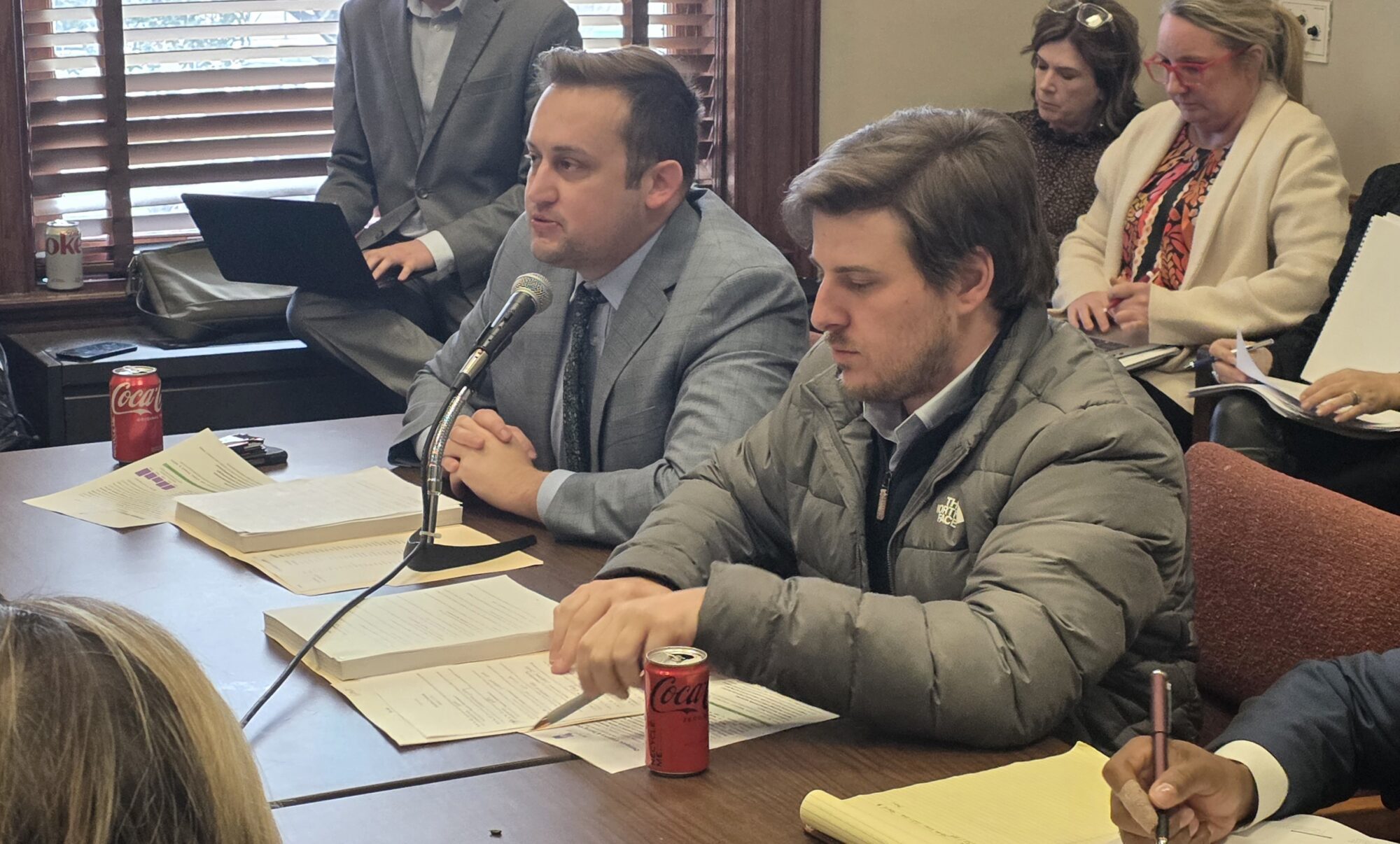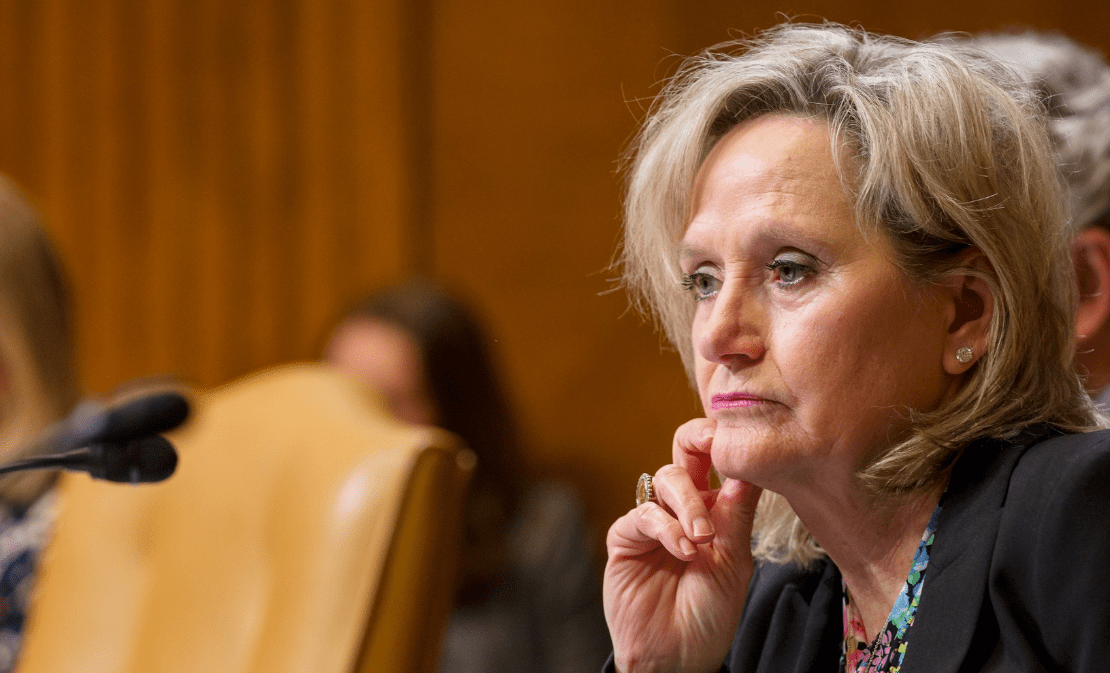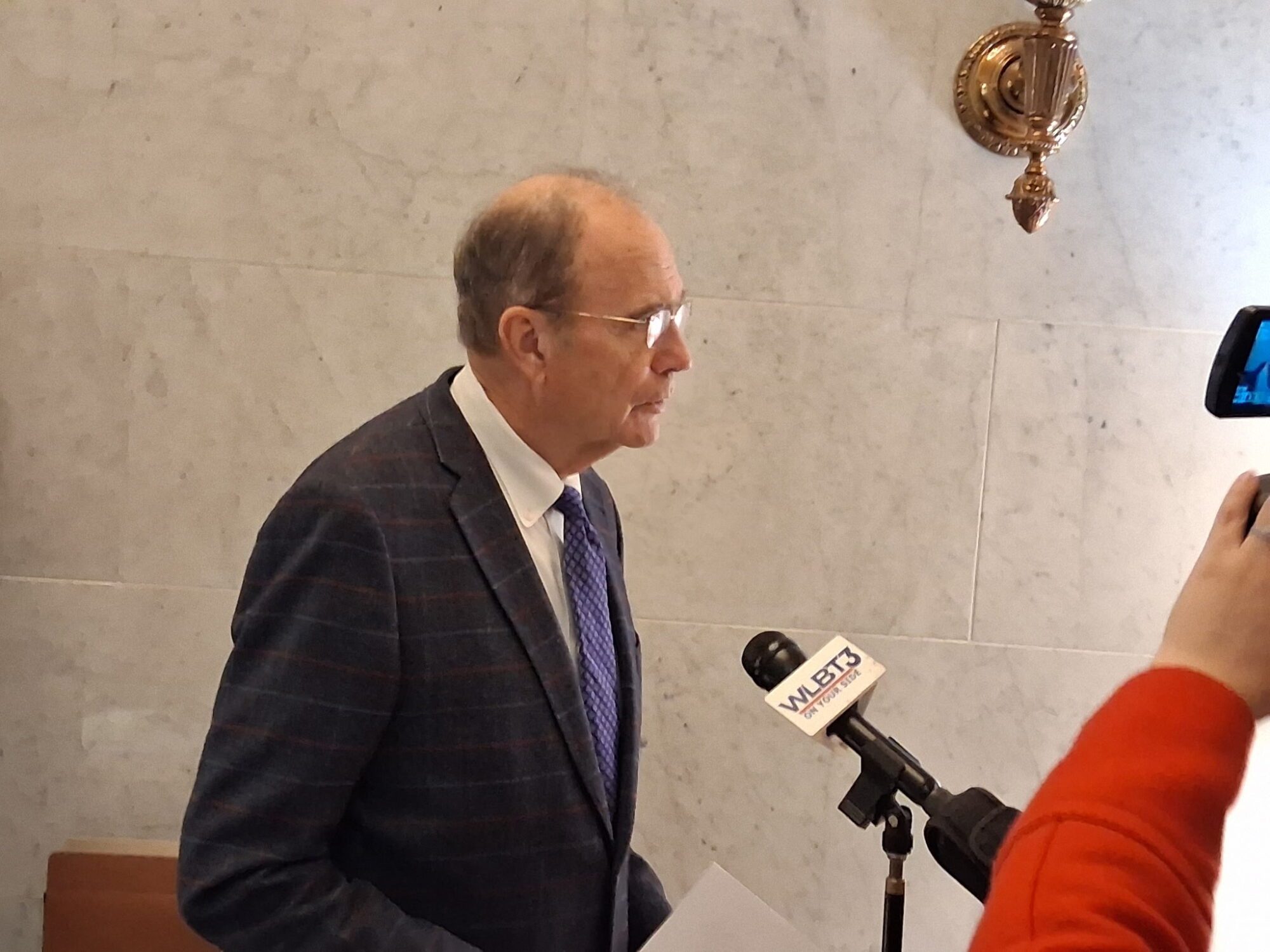Senator Expects Disaster Aid Package to be Refined in Conference with House
Contact: Chris Gallegos, 202-224-5054
WASHINGTON, D.C. – U.S. Senator Thad Cochran (R-Miss.), vice chairman of the Senate Appropriations Committee, today voted for Senate passage of a $60.4 billion supplemental appropriations bill developed to fund Hurricane Sandy and other federal disaster relief needs.
The bill approved by the Senate also includes provisions based on the Disaster Recovery Act (S.1630) to improve federal responses following major disasters. This bill was introduced by Senators Mary Landrieu (D-La.) and Cochran last September.
“The disaster supplemental appropriations package developed by the Administration and the Senate majority is far from perfect, but I believe it is important that federal assistance be provided in a timely manner,” Cochran said. “I am committed to working with the House to improve the focus and scope of the package that will eventually be sent to the President.”
“My state has been subjected to a number of major natural disasters, and I can fully appreciate the advantage and necessity of having relief and recovery resources readily available after a major disaster. I empathize with the victims of Hurricane Sandy. The breadth and scale of destruction caused by Sandy to one of the most populous regions of the country merit a strong response from the Congress,” he said.
“The provisions incorporated from the Disaster Recovery Act are common sense measures based on lessons we learned from Hurricane Katrina and other more recent disasters. I think they will help ensure a speedier, more efficient recovery from Sandy and other future disasters.”
The following are provisions included in HR.1 to make disaster recovery more fair, efficient and effective:
• Expands access to the independent arbitration panels put in place by Landrieu and Cochran for Hurricane Katrina. Current practice forces communities to settle disputes with the government by appealing FEMA decisions to FEMA itself.
• Reduces costs and removes bureaucratic hurdles by allowing local communities to voluntarily agree with FEMA on a binding reasonable cost to repair a facility shortly after a disaster rather than expending time and resources for years after the repair to amend the project and litigate a final reimbursable amount.
• Reduces costs and removes bureaucratic red tape by allowing communities to group similar structures together, and also by allowing a small portion of funding for projects to be provided up front so that rebuilding can begin as soon as possible.
• Encourages agencies to develop unified environmental and historic preservation review procedures for disasters rather than the current practice of requiring duplicative reviews from each agency for projects receiving assistance from multiple sources.
• Allows reimbursement for overtime wages paid to local government employees for debris removal rather than requiring that communities only enter into expensive contracts with outside entities.
• Allows reimbursement for the expedient repair of rental units when doing so is more cost effective and efficient than providing temporary housing like trailers.
• Provides incentives to local communities to remove debris in a timely and cost-effective manner.
###







